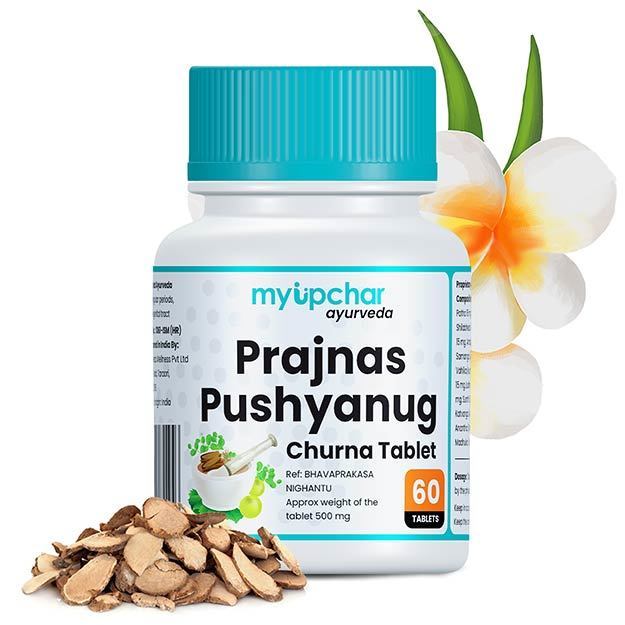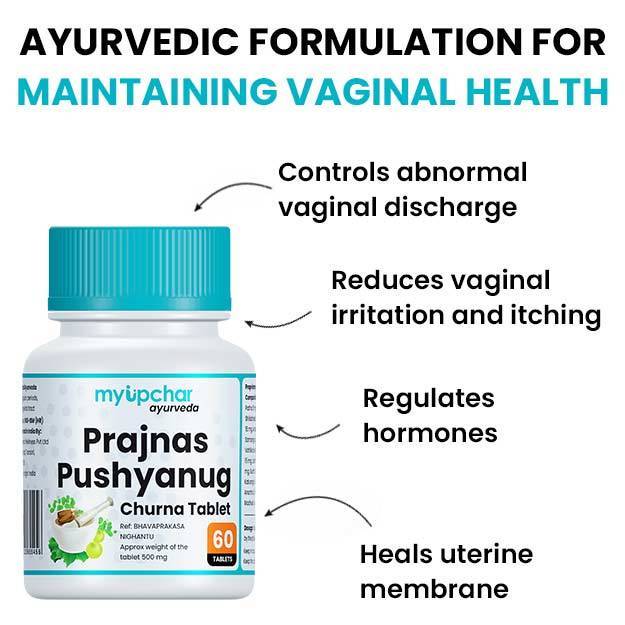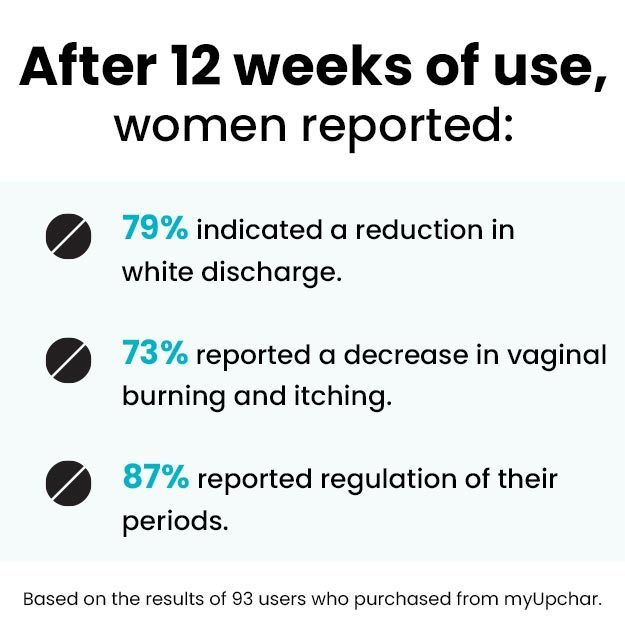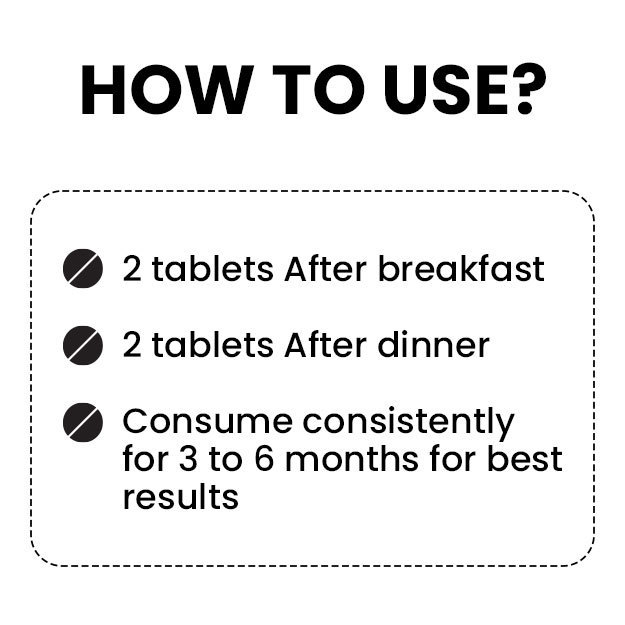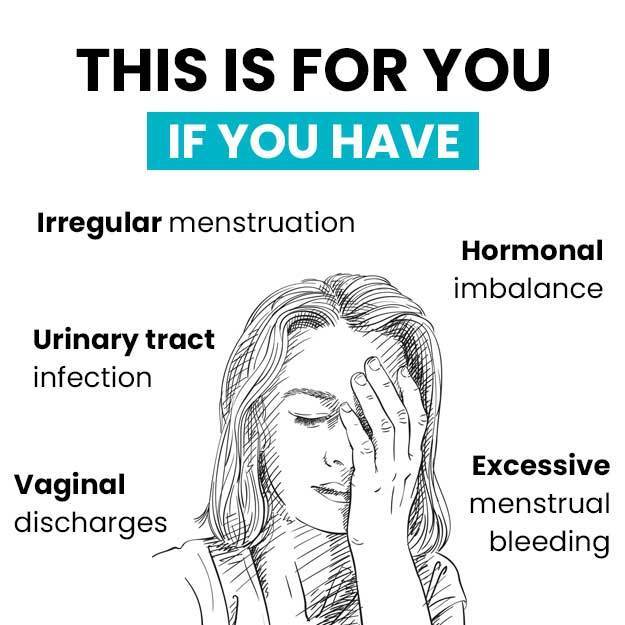Hey there! Thinking about tubectomy, or perhaps you’ve already taken the plunge? It’s a pretty big step, and it’s totally normal to have questions swirling in your head, especially about getting back to your everyday life – including your love life! We’re here to chat you through everything you need to know about tubectomy, from what it actually is to when you can comfortably and safely snuggle up again. Let's explore this topic together, making sure you feel super informed and totally at ease. No question is too small when it comes to your body and your choices!
- What Is Tubectomy Surgery?
- Why Is Tubectomy Done?
- Is Tubectomy Permanent?
- Where Does Sperm Go After Tubectomy?
- Is It Possible To Have A Baby After Tubectomy?
- Is Tubectomy 100% Safe?
- When To Have Sex After Tubectomy?
- How Many Days Bed Rest After Tubectomy?
- Does Tubectomy Stop Periods?
- What Is The Recovery Time For A Tubectomy?
- Summary
What Is Tubectomy Surgery?
Let’s break down this word, "tubectomy." In simple, everyday terms, tubectomy, also known as bilateral tubal ligation, is a permanent way for women to prevent pregnancy. Imagine your fallopian tubes as the super-duper highways for your eggs to travel from your ovaries to your uterus. During this quick surgical procedure, these tubes are either cut, tied, blocked, or sealed off. So, we're basically creating a permanent roadblock! This means the egg and sperm can't ever meet, and poof – no pregnancy!
(Read More: What Happens When You Have Too Much Sex)
Why Is Tubectomy Done?
So, why do people choose this path? Well, the main reason is permanent birth control. It's often a choice made by women or couples who feel their family is complete and they’re ready to close that chapter on having children. Think of it as a liberating choice for those who are certain about their family size. Once it’s done, you don’t have to worry about pills, condoms, or other birth control methods ever again. It’s a fantastic option for those who want a reliable and worry-free solution to family planning, letting them focus on all the other amazing parts of life!
(Read More: Beyond the Basics: Your Definitive Guide to the Copper T)
Is Tubectomy Permanent?
Okay, this is a super important question! Yes, tubectomy is absolutely considered a permanent form of birth control. While you might hear whispers about "reversal" procedures, they’re usually quite complicated, often don’t work, and definitely don’t guarantee a baby. So, before you decide on tubectomy, it's really, really important to be 100% sure that your baby-making days are behind you. It’s a decision that lasts a lifetime, so take all the time you need, chat it over with your partner, and definitely have a heart-to-heart with your doctor. Make sure it feels right in your gut!
Where Does Sperm Go After Tubectomy?
After a tubectomy, the journey of sperm within the female reproductive system changes significantly. It is a common question to understand where sperm go if they can no longer reach an egg. Sperms still enter the vagina and travel through the cervix and into the uterus, just as they would prior to the procedure. However, the critical difference lies in the fallopian tubes. During a tubectomy, these tubes are blocked, cut, or sealed.
When sperm reach the blocked fallopian tubes, they are unable to pass through. They cannot physically meet an egg because their pathway is obstructed. Consequently, the sperm simply stops at the point of the blockage. The body then naturally handles these sperm. Like any other cells that are not utilized or are no longer viable, the sperm are absorbed by the body's immune system. They do not accumulate, cause blockages, or lead to any health issues. This process is similar to how the body reabsorbs sperm that do not fertilize an egg in individuals who have not undergone a tubectomy.
Is It Possible To Have A Baby After Tubectomy?
Alright, let’s be real – while tubectomy is incredibly, incredibly effective, nothing in life is 100% guaranteed. The chances of getting pregnant after a tubectomy are super tiny, usually less than 1%. It’s like winning the lottery of rare events! In very, very rare cases, the fallopian tubes might try to reconnect, or your body might even form a new tiny pathway, leading to an unexpected pregnancy. There's also a very small chance of an ectopic pregnancy, where a fertilized egg tries to grow outside the uterus, usually in the fallopian tube, which needs immediate medical attention. So, while the risk is super minimal, if you ever feel like you might be pregnant after a tubectomy, it’s always best to give your doctor a call just to be safe.
(Read More: Pubic Hair Removal: Safety Tips and Best Practices You Need)
Is Tubectomy 100% Safe?
Just like any time you have a little surgery, there are always some tiny risks, but tubectomy is generally considered very safe. We’re talking about things like a minor infection, a little bit of bleeding, or how your body reacts to the medicine that makes you sleep during the procedure (anesthesia). In super rare cases, something more serious could happen, like a little nudge to another organ, but these are really, really uncommon. Your doctor will chat with you about all the pros and cons, all the tiny risks, before you decide anything, just to make sure you’re totally in the loop. Most women who have a tubectomy sail through it with no major issues and bounce back pretty quickly!
When To Have Sex After Tubectomy?
Alright, let's get to the fun part – the question you've probably been waiting for! Generally speaking, most doctors suggest waiting about one to two weeks after your tubectomy before you jump back into sexual activity. Why the wait? Well, it gives your body some much-needed time to heal properly. You want those little surgical cuts to close up and start mending. Rushing things could lead to discomfort or even a small risk of infection, and we definitely don’t want that!
The most important thing is to listen to your body and, even more importantly, to your doctor’s specific advice. Everyone heals at their own pace. If you try to get intimate and feel any pain, discomfort, or notice anything unusual, it’s a clear sign to press pause and maybe give it a few more days. And if you’re still unsure, just call your doctor! The goal here is to make sure your return to intimacy is comfortable, enjoyable, and completely safe. Oh, and one super important note: tubectomy only prevents pregnancy; it does not protect you from sexually transmitted infections (STIs). So, if that’s a concern, you’ll still want to use condoms or other barrier methods.
How Many Days Bed Rest After Tubectomy?
You’ll be happy to hear that after a tubectomy, you generally don't need to be glued to your bed for days on end! Most women are usually advised to take it easy for just about 24 to 48 hours. This doesn't mean you're stuck in bed like a mummy, but it does mean avoiding heavy lifting, strenuous exercise, or anything that makes you strain your tummy muscles. You might feel a bit sore or have some mild discomfort, which is totally normal. After those first couple of days, you can usually start easing back into your normal routine as you feel stronger. But always, always, always follow the specific instructions your surgeon gives you – they know best for your body and your particular procedure!
(Read More: Every Mother Should Know : Pregnancy Problems and Solutions)
Does Tubectomy Stop Periods?
This is a common question, and the answer is a firm "Nope!" Tubectomy does not stop your periods. Your monthly cycle is actually controlled by hormones that your ovaries produce, and the tubectomy procedure doesn't affect your ovaries or your hormone levels at all. So, you'll continue to ovulate and have your regular periods just like you always did before the surgery. The only thing that changes is that the egg, once released, can no longer travel down your fallopian tubes to meet any sperm. So, your period will still arrive right on schedule, and you can expect your cycle to be pretty much the same as before.
What Is The Recovery Time For A Tubectomy?
The recovery time after a tubectomy can vary from person to person, as it depends on factors such as your overall health and the specific type of tubectomy procedure performed. However, most individuals experience a relatively quick recovery.
Generally, you can expect to go home either a few hours after the surgery or the same day, especially if you had a laparoscopic tubectomy, which involves smaller incisions.
Here's a breakdown of what to expect regarding recovery:
- Initial Days (First 24-48 hours): You might feel some mild pain, cramping, or soreness around the incision sites. Some people also experience discomfort in their shoulder or back, which is often due to the gas used to inflate the abdomen during laparoscopic surgery. Taking prescribed or over-the-counter pain medication as advised by your doctor can help manage this discomfort. Rest is important during this initial period, meaning you should avoid strenuous activities and heavy lifting.
- First Week: Most women can gradually return to light daily activities within a few days. However, it is generally recommended to avoid any strenuous exercise, heavy lifting, or vigorous activities for at least one week. This allows the internal and external incisions to heal properly and reduces the risk of complications. Your doctor will likely advise you to wait about one to two weeks before resuming sexual activity.
- Full Recovery: While many individuals feel much better within a week, complete internal healing can take a bit longer, often around one to three weeks. If you had a minilaparotomy (a slightly larger incision) or if the tubectomy was performed immediately after childbirth, your recovery period might be a bit longer, possibly extending to a few weeks, as your body is also recovering from delivery.
It is crucial to follow all post-operative instructions provided by your surgeon. These instructions will guide you on wound care, medication, activity restrictions, and when to schedule follow-up appointments to ensure your healing is progressing as expected. If you experience any severe pain, fever, heavy bleeding, or signs of infection, you should contact your doctor immediately.
(Read More: Abortion: types, causes, pills, procedure, side effects)
Summary
So, there you have it! Tubectomy is a really safe and super effective way for women to permanently prevent pregnancy, especially when they’re sure their family is complete. It works by blocking those fallopian tubes, making sure no egg meets sperm. While it’s incredibly reliable, it’s good to remember that no birth control is ever 100% perfect. You can usually get back to your sex life within one to two weeks, but always listen to your body and your doctor’s advice – they’re your best guides! Remember, tubectomy doesn't mess with your periods or protect you from STIs. If you’re thinking about this option, have a super honest chat with your healthcare provider. They can help you figure out if it’s the perfect fit for you and your amazing journey!
Find Obstetrician and Gynaecologist in cities
- Obstetrician and Gynaecologist in Bangalore
- Obstetrician and Gynaecologist in Mumbai
- Obstetrician and Gynaecologist in Ghaziabad
- Obstetrician and Gynaecologist in Chennai
- Obstetrician and Gynaecologist in Pune
- Obstetrician and Gynaecologist in Delhi
- Obstetrician and Gynaecologist in Hyderabad
- Obstetrician and Gynaecologist in New Delhi
- Obstetrician and Gynaecologist in Gwalior
- Obstetrician and Gynaecologist in Gurgaon
Doctors for When To Have Sex After Tubectomy? Everything You Need To Know

Dr. Ayushi Gandhi
Obstetrics & Gynaecology
4 Years of Experience

Dr. Anjali
Obstetrics & Gynaecology
23 Years of Experience

Dr.Anuja Ojha
Obstetrics & Gynaecology
20 Years of Experience


























